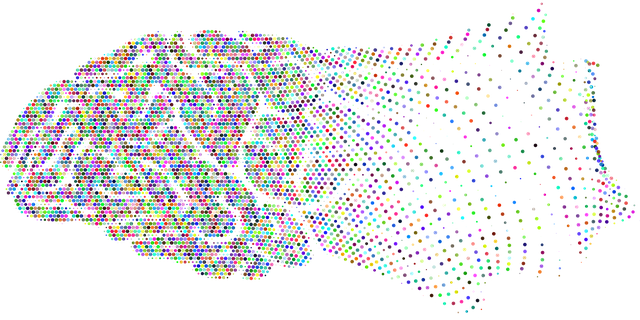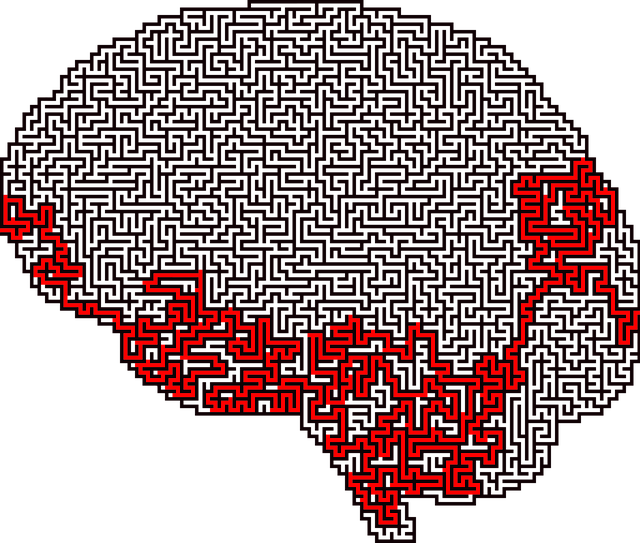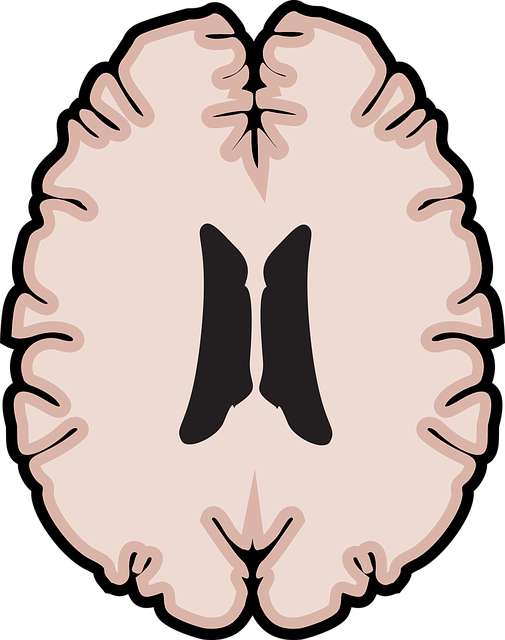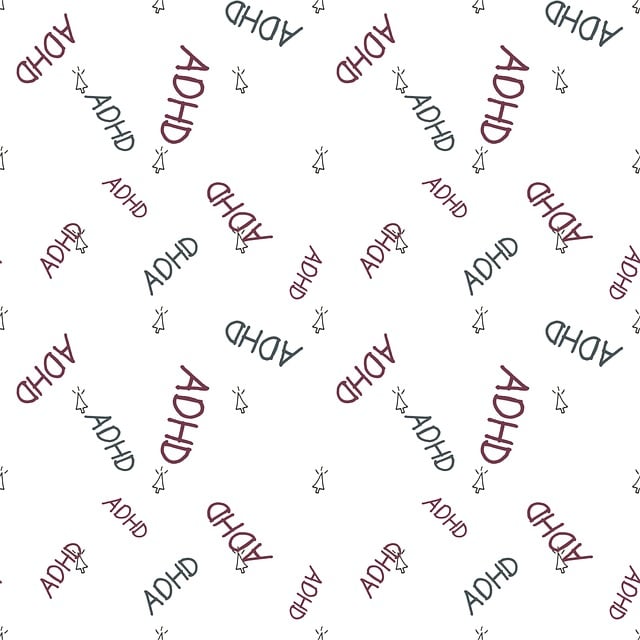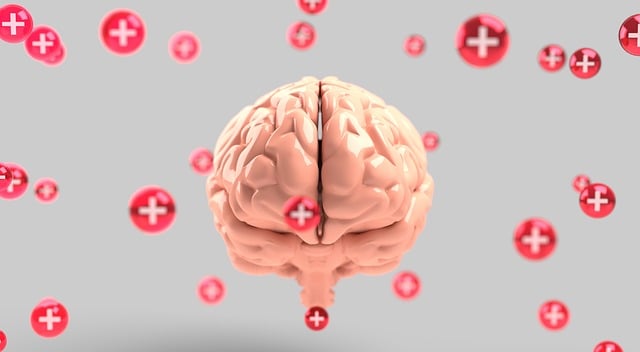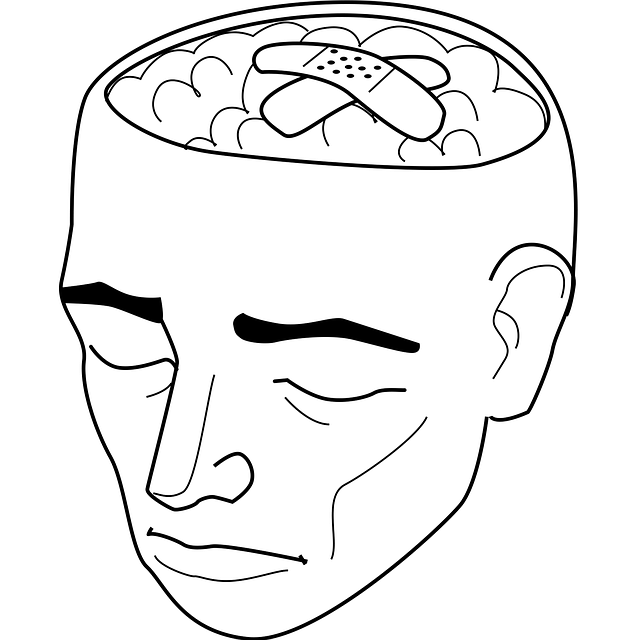Understanding Wheat Ridge Dialectical Behavioral Therapy (WRDBT) as a mental wellness program is crucial for evaluating its effectiveness. WRDBT combines cognitive-behavioral techniques and mindfulness practices to teach participants skills in mood management, distress tolerance, emotion regulation, and interpersonal effectiveness. Evaluating these programs requires assessing changes in symptoms, functional outcomes, and quality of life, beyond satisfaction surveys. Participant feedback from qualitative methods like focus groups, interviews, and surveys is vital for refining WRDBT and similar mental wellness interventions to cater to diverse needs, including cultural sensitivity. Regular evaluation ensures the program's continuous improvement and maintains its impact on meeting evolving individual support requirements.
Evaluating mental wellness programs is paramount in enhancing therapeutic outcomes. This article explores comprehensive evaluation methods, focusing on the Wheat Ridge Dialectical Behavioral Therapy (WRDBT) as a pioneering approach. We delve into understanding WRDBT’s foundational role in program design and its unique contribution to mental health care. Key metrics, qualitative analysis, and continuous improvement strategies are examined, offering valuable insights for professionals aiming to optimize WRDBT effectiveness and ultimately improve mental health outcomes.
- Understanding Mental Wellness Programs: A Foundation for Evaluation
- The Role of Wheat Ridge Dialectical Behavioral Therapy (WRDBT) in Program Design
- Key Metrics and Tools for Assessing WRDBT Effectiveness
- Participant Feedback and Qualitative Analysis Techniques
- Continuous Improvement: Implementing Evaluation Findings for Better Mental Health Outcomes
Understanding Mental Wellness Programs: A Foundation for Evaluation

Understanding mental wellness programs is a crucial step in evaluating their effectiveness. These programs, designed to support individuals’ emotional healing processes and promote overall well-being, encompass various therapeutic approaches. One notable example is Wheat Ridge Dialectical Behavioral Therapy (WRDBT), which combines cognitive-behavioral techniques with mindfulness practices. By integrating these methods, WRDTB aids participants in developing skills for mood management, distress tolerance, emotion regulation, and interpersonal effectiveness.
Evaluating mental wellness programs requires a comprehensive approach that goes beyond basic satisfaction surveys. It involves assessing changes in symptoms, functional outcomes, and quality of life. Risk Management Planning for Mental Health Professionals plays a vital role in ensuring these programs are safe and effective. By regularly monitoring progress and addressing challenges, professionals can optimize Emotional Healing Processes within the framework of WRDTB or similar interventions, ultimately enhancing participants’ mental wellness.
The Role of Wheat Ridge Dialectical Behavioral Therapy (WRDBT) in Program Design

Wheat Ridge Dialectical Behavioral Therapy (WRDBT) plays a pivotal role in shaping the design and effectiveness of mental wellness programs. This therapeutic approach, developed by Dr. Marsha Linehan, integrates cognitive-behavioral techniques with concepts from mindfulness and acceptance theories. WRDBT is particularly beneficial for individuals dealing with complex emotional dysregulation, offering valuable tools to manage intense emotions and improve interpersonal relationships.
By incorporating WRDBT into program design, mental wellness initiatives can effectively address a range of issues, including burnout prevention strategies for healthcare providers and fostering cultural competency among healthcare professionals. This therapy’s emphasis on mindfulness and distress tolerance skills enhances mental health awareness and empowers individuals to navigate challenging situations with greater resilience. Its structured nature ensures that participants gain practical skills, enabling them to lead more balanced and fulfilling lives.
Key Metrics and Tools for Assessing WRDBT Effectiveness

Participant Feedback and Qualitative Analysis Techniques

Participant feedback is a vital component in evaluating mental wellness programs, particularly when employing evidence-based approaches like Wheat Ridge Dialectical Behavioral Therapy (DBT). This therapeutic technique places significant emphasis on individual experiences and self-regulation, making it crucial to gather insights directly from program participants. Qualitative analysis techniques, such as focus groups, interviews, and surveys, offer a deep understanding of the program’s impact by exploring personal narratives, emotions, and perceived benefits.
By integrating these methods, mental health education programs design can be refined to better suit diverse needs, including cultural sensitivity in mental healthcare practice. This approach ensures that coping skills development becomes accessible and meaningful for all participants. Qualitative data provides rich information on how individuals interpret and internalize the program’s teachings, allowing for continuous improvement and personalization of care.
Continuous Improvement: Implementing Evaluation Findings for Better Mental Health Outcomes

Continuous improvement is a cornerstone of effective mental wellness programs, and integrating evaluation findings is paramount to enhancing mental health outcomes. At Wheat Ridge Dialectical Behavioral Therapy (DBT), we believe that regular assessment and feedback loops are essential tools for fostering growth and resilience among individuals seeking support. By closely examining the outcomes of our interventions, we can identify areas of strength and weakness in our programs, ensuring they remain relevant and impactful.
This process involves utilizing various evaluation methods, from clinical interviews to self-reported surveys, to gather data on participant experiences and progress. The insights gained from these assessments are then meticulously analyzed, highlighting successful strategies and those requiring adaptation. As a result, healthcare providers can tailor their approach, whether it’s enhancing the Healthcare Provider Cultural Competency Training for better patient engagement or refining techniques for depression prevention. This proactive approach ensures that mental wellness programs evolve to meet the diverse needs of individuals seeking support.
The evaluation of mental wellness programs, such as Wheat Ridge Dialectical Behavioral Therapy (WRDBT), is a multifaceted process that involves quantitative and qualitative assessments. By combining key metrics, participant feedback, and continuous improvement strategies, we can optimize WRDBT’s effectiveness in enhancing mental health outcomes. This comprehensive approach ensures that the program remains dynamic, responsive to needs, and a powerful tool in fostering resilience and well-being among participants.
